Extract from Selfienomics, written by Revant – a graduate of New York University, Stern School of Business and a Certified Health Coach.
The book is priced at Rs. 299.
#Indiawaale
What would happen if I said anything negative about Mahatma Gandhi, Rahul Dravid, AR Rahman, APJ Kalam, Lata Mangeshkar, or Sachin Tendulkar? I cite them as these are the Indian legends with the least percentage of haters.
People would lose their minds. They will call me ‘anti-national’ and will start saying, ‘First achieve something yourself, then talk’… ‘You are just trying to be cool.’
‘You go against popular feelings; you criticize a hero, a great man who is generally believed to be above criticism. What happens? No one will answer your arguments in a rational way; rather you will be considered vainglorious. Its reason is mental insipidity. Merciless criticism and independent thinking are the two necessary traits of revolutionary thinking.
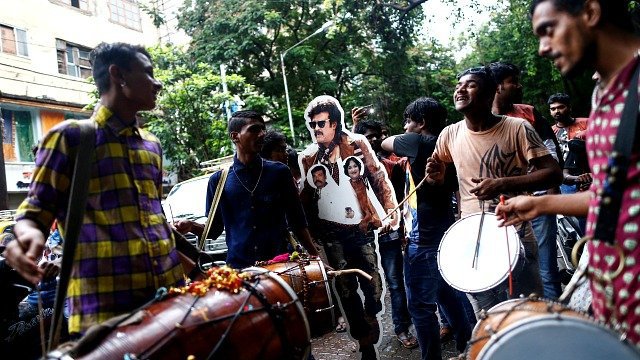
As Mahatmaji is great, he is above criticism; as he has risen above, all that he says in the field of politics, religion, and ethics is right. Whether you agree or not, it is binding upon you to take it as truth. This is not constructive thinking. We do not take a leap forward; we go many steps back.’ @BhagatSingh #Year1931 #7
Gandhiji had said, ‘Hate the sin. Not the sinner.’ Similarly I believe, ‘Love the virtue. Not the virtuous.’ People start off by loving the virtue, but end up loving the virtuous. With time, they continue loving the virtuous even if it no longer has the same virtue.
The problem with loving a political party, sports team or celebrity is that it makes us very biased. We become blind to the other side of the picture and start defending our stance rather than defending what’s right.
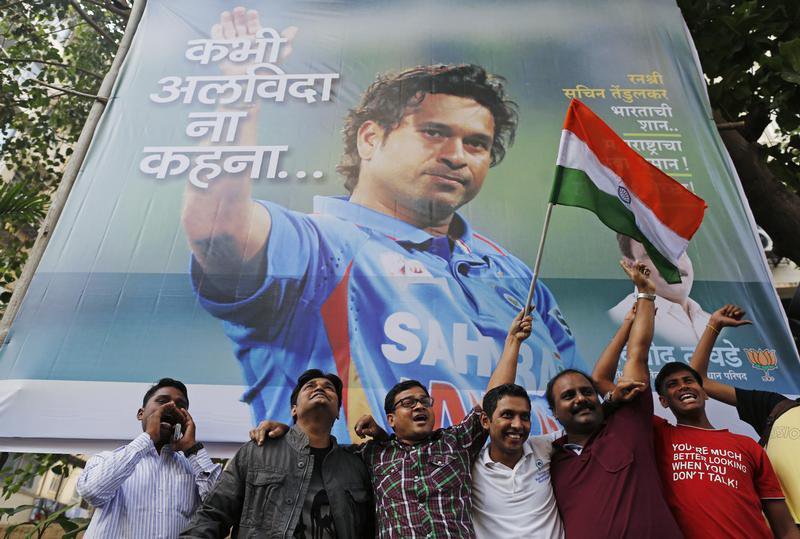
In comparison to the rest of the world, Indians have a much larger tendency to get obsessed and become ‘fans’ of parties, teams and individuals. Our nation is divided into Modi Bhakts and Aaptards (#SorryCongress). This is why elections are also fought on the appeal of individuals rather than on the actions of the parties (#PaanchSaalKejriwal #AbkiBaarModiSarkar).
When the petrol price goes up in India, all the Aaptards say it is Modi’s fault. But when the petrol price drops, they say it is because of global crude price effects.
Similarly, when Modi says ‘BJP meri maa hai’, Modi bhakts praise his devotion, but had Kejriwal used similar words for AAP, they would call it drama. #MainKaroonTohSalaCharacterDheelaHai
This sort of obsession and bias is taken to a whole new level by sports fans. These people may cheat on their wives or their diet, but never on their sports team. Their girlfriend may change every month, but the love for their sports team won’t change. No die-hard fan is single ever. They are fully committed to their sports team, and they are in the steadiest of the relationships possible (one-sided in most cases though).
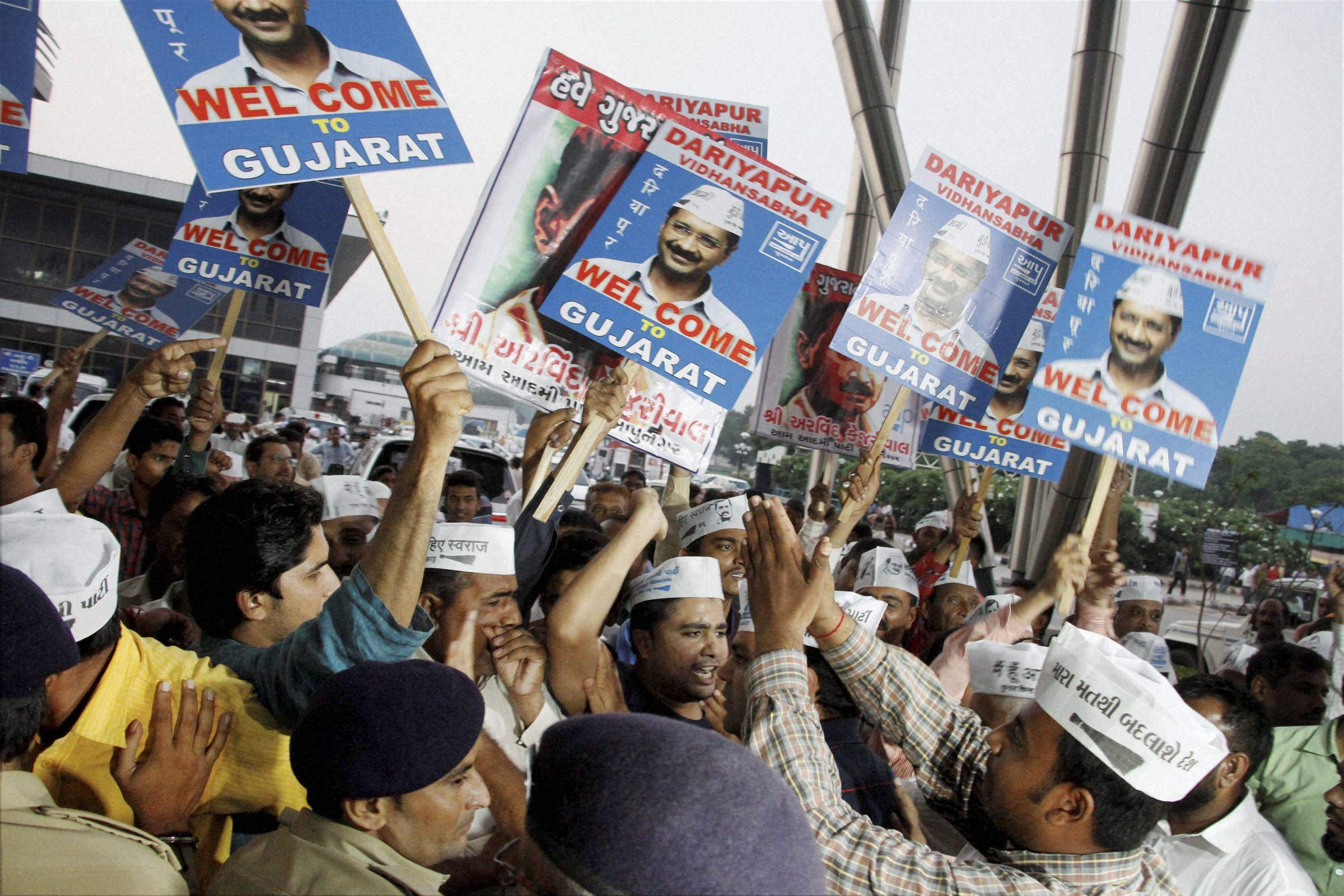
This unconditional love defies all logic, and the love for the team continues even if the team no longer represents what they used to. The first opinion is everything in sports. Based on the first two months of people watching a sport, they become diehard fans.
Once they form an opinion and start identifying with a team, they try their best to convince themselves that they are right about their choice. #Fanatics #Die-Hard Fans #ConfirmationBias
When Nokia stopped making good phones, you stopped buying their phones (I miss playing Snake). Now when Liverpool has stopped playing well, why do you still continue your obsession with the team?
If for all these years I passionately supported the Liverpool soccer team, but somehow now I realized that I was supporting the wrong team, and that I should actually be supporting Manchester United, can I make that switch? The moment I do it people will label me as #disloyal #traitor #fickle #hypocrite.
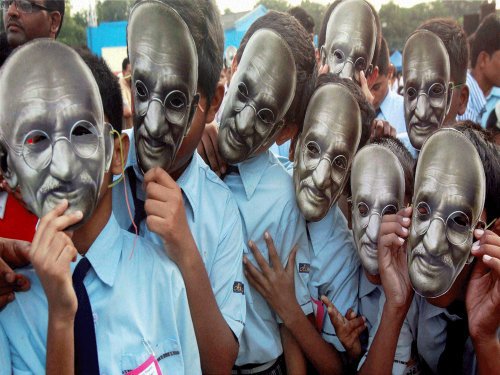
The reason we have developed this overly loyal nature is because loyalty has been glorified for centuries (‘ek baar jo maine commitment kar di, fir main apni aap ki bhi nahi sunta’ #Bhaiology). People hold you in a higher regard if you stick to supporting either one of the two teams. But if you switch between them depending on which one you think is currently better, you supposedly have a ‘weak opinion.’ It is fashionable to hold a strong opinion. We’ve been made to believe that a strong opinion is one that doesn’t change.
‘The illiterate of the 21st century will not be those who cannot read and write but those who cannot learn, unlearn, and relearn.’ @AlvinToffler #8
As you discover new things, your opinions change. A flexible opinion is the strongest opinion. If I write a book on the same topics 10 years later, and my point of view doesn’t change at all, it just proves that I haven’t been learning.
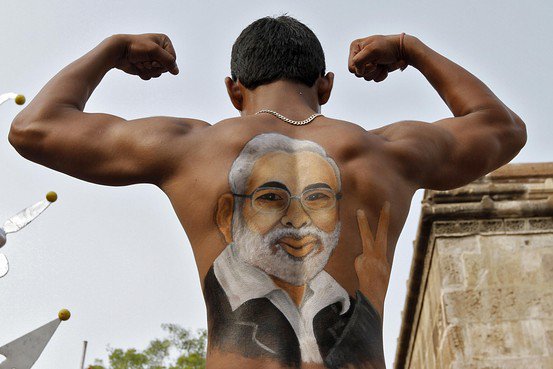
The Ex-President of Institute for the Future, Bob Johansen asks his employees to have ‘strong opinions, weakly held.’ (#9) According to him, weak opinions are problematic as people aren’t inspired to put forth the energy to test them but it is as important to not be too attached to what you believe, because it may undermine our ability to ‘see’ and hear’ evidence that clashes with it. As soon as we realize that our strong opinion is wrong, we must change it even if we are labelled as a hypocrite. Changing one’s opinion according to the situation is dynamism, not fickle-mindedness or hypocrisy. Integrity is the highest form of loyalty.
‘Integrity is a higher value than loyalty. Or better put, integrity is the highest form of loyalty. Integrity means being integrated or centered on principles — not on people, organizations or even family’. @StephenCovey #Year1989 #10
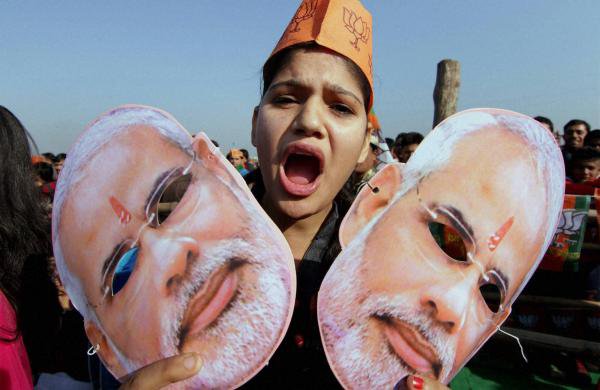
We have created an environment in which everyone is supposed to have an unconditional relationship with their opinions—an environment that prevents our thoughts from evolving and changing for the better. Let us break up with our opinion. Let us not be loyal for the sake of being loyal. Let us not stick to our beliefs, but rather stick to our values. Let us create an environment that encourages change! #DepersonalizeOpinion
Don’t support AAP, BJP (or Congress), but rather support India. Nothing is black and white. Every party has good and bad politicians. Moreover, every good politician has bad, and every bad politician has good in him. Find the good in the bad, and the bad in the good. If you can’t find 5 positives about the party you didn’t vote for, and 5 negatives about the one you voted for then you are either ignorant or biased. Your desire to improve your country should be stronger than love for your party and the hatred for any other party. #Kejriwal+Modi>KejriwalvsModi
(Selfienomics: A Seriously Funny Guide to Living the Good Life has been published by Bloomsbury and is priced at Rs 299)

















